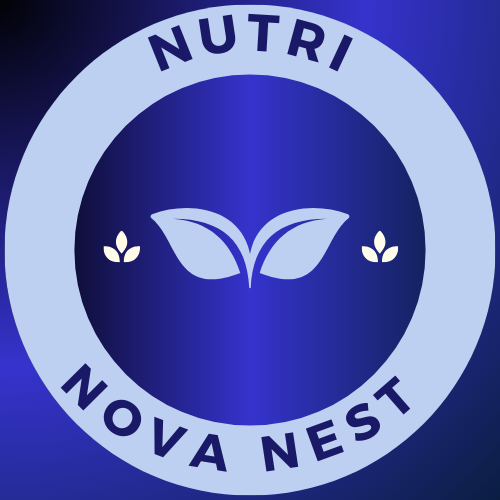In today's fast-paced world, finding moments of peace and tranquility can seem like a daunting task. However, with the right meditation techniques, even beginners can experience the profound benefits of mindfulness. Join us as we explore the beginner's guide to meditation techniques and embark on a journey of self-discovery and inner peace.
Table of Contents
- Understanding Meditation
- Setting the Scene for Meditation
- Breathing Techniques
- Mindfulness Meditation
- Guided Visualization
- Body Scan Meditation
- Loving-Kindness Meditation
- Mantra Meditation
- Walking Meditation
- Overcoming Common Challenges
- Conclusion
- FAQs
Understanding Meditation
Meditation is a practice that involves training the mind to focus and redirect thoughts. It can be used to reduce stress, increase self-awareness, and promote emotional health.
Setting the Scene for Meditation
Creating a peaceful environment is essential for a successful meditation session. Find a quiet space free from distractions and consider incorporating elements such as soft lighting, calming music, or aromatherapy.
Breathing Techniques
Breath awareness is a fundamental aspect of meditation. Explore different breathing techniques, such as deep belly breathing and square breathing, to calm the mind and relax the body.
Mindfulness Meditation
Mindfulness meditation involves paying attention to the present moment without judgment. Learn how to cultivate mindfulness through practices such as body scans and mindful eating.
Guided Visualization
Guided visualization uses mental imagery to evoke feelings of relaxation and well-being. Follow along with guided scripts or recordings to imagine peaceful scenes and promote inner calm.
Body Scan Meditation
Body scan meditation involves systematically scanning the body for sensations of tension or discomfort. By bringing awareness to each part of the body, you can release physical and mental tension.
Loving-Kindness Meditation
Loving-kindness meditation, also known as metta meditation, involves sending love and compassion to oneself and others. Practice cultivating feelings of kindness and goodwill through guided meditations and affirmations.
Mantra Meditation
Mantra meditation involves repeating a word, phrase, or sound to focus the mind and induce a state of relaxation. Explore different mantras and experiment with incorporating them into your meditation practice.
Walking Meditation
Walking meditation is a form of mindfulness practice that involves walking slowly and intentionally, paying attention to each step and the sensations of movement. Connect with nature and explore outdoor walking meditation for added benefits.
Overcoming Common Challenges
As with any new practice, beginners may encounter challenges along the way. Learn how to overcome common obstacles such as restlessness, racing thoughts, and difficulty maintaining focus.
Conclusion
Embarking on a journey of meditation can be both exciting and rewarding. By exploring different techniques and committing to a regular practice, beginners can experience the transformative power of meditation in their daily lives.
FAQs
What is meditation?
Meditation is a practice that involves training the mind to focus and redirect thoughts, often to promote relaxation and mindfulness.
How do I create a peaceful environment for meditation?
Choose a quiet space free from distractions and consider incorporating elements such as soft lighting, calming music, or aromatherapy.
What are some beginner-friendly meditation techniques?
Beginner-friendly meditation techniques include breath awareness, mindfulness meditation, guided visualization, and body scan meditation.
How often should I meditate?
Aim to meditate for at least a few minutes each day, gradually increasing the duration as you become more comfortable with the practice.
What are the benefits of meditation?
Meditation has been shown to reduce stress, improve concentration, promote emotional health, and enhance overall well-being.




